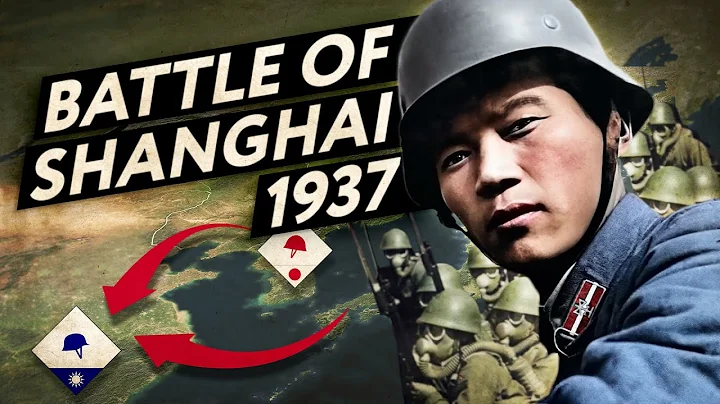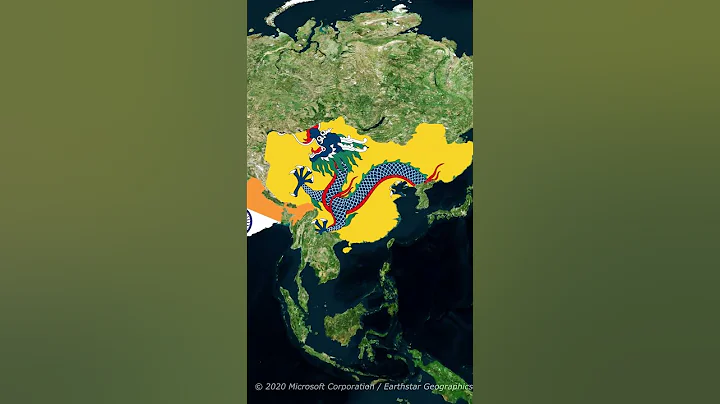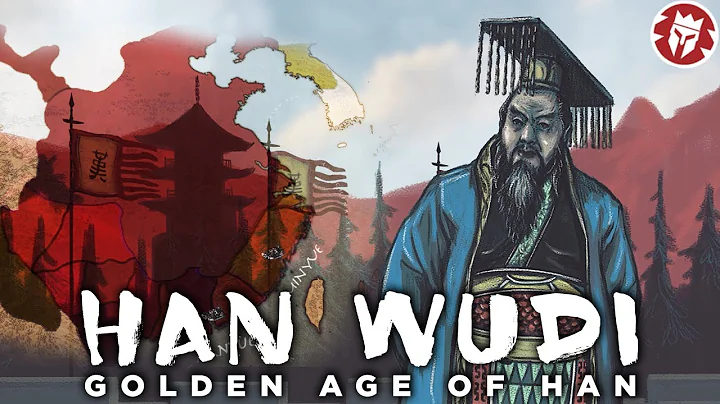
The entry of the Qing Dynasty was actually due to the army's ability to defeat the Dashun , the Daxi Peasant Army and the Nanming Army.
The Qing Dynasty's navy was actually a product of the Westernization Movement. The so-called "hundred-year navy", therefore, it is understandable that the Qing Dynasty's navy was weak. However, the Qing Dynasty's army suffered a complete defeat after the battle with the Japanese army, which is undoubtedly unacceptable.
In the Sino-Japanese War of 1894-1894, the defeat of the Qing Army was mostly due to the corruption of the Qing Army’s command.
2, extraterritorial warfare
Sino-Japanese War The first battle of the land war took place on the Korean Peninsula.
Near Asan in Chungcheongnam-do on the Korean Peninsula, there is a place called Seonghwani.
At that time, the Qing army had more than 4,000 troops near Chenghuanyi. The generals responsible for commanding this Qing army were Ye Zhichao and Nie Shicheng . It is said that both Lao Ye and Lao Nie knew that the Japanese army would definitely attack Yashan. For this reason, the two generals also considered setting up defenses in this area to block the Japanese army while waiting for work - in fact, blocking the battle was easier inside the fortifications.
Unexpectedly, a funny thing happened at this time: spies of the Qing army told the two generals Ye and Nie: Japan had about 30,000 people and planned to attack Yashan. Of course, we learned afterwards that in fact, Japan at that time The strength of the troops attacking Yashan was about the same as that of the Qing army. However, the Qing army was waiting for work, so it actually had a certain initiative.
As a result, after the Qing army knew that the Japanese army numbered 30,000, the Qing army lost confidence in fighting the Japanese army. Therefore, as soon as Japan launched an attack on the Qing army, Ye Zhichao and others led the Qing army and fled for 200 kilometers. They fled from the central part of the Korean Peninsula to the north.

It took a month after Ye Zhichao fled to Pyongyang for the Japanese army to pursue him. Moreover, Ye Zhichao and several other Qing troops joined forces, and there were more than 15,000 Qing troops in Pyongyang. However, during this month, Ye Zhichao and others did not actively prepare for the war. On the contrary, Japan continued to mobilize troops and generals. In the end, the Japanese army gathered 16,000 people and marched toward Pyongyang.
After the Japanese troops came to the city, several big bosses in the Qing army, including Ye Zhichao and others, were still arguing with each other. The Japanese army took advantage of this wrangling opportunity to surround Pyongyang City, while the disorganized Qing army fought independently. In the end, General Zuo Guobao died heroically, and Ye Zhichao once again led the defeated soldiers to flee. Moreover, this time Ye Zhichao's running skills were even better than last time - Ye Zhichao led the Qing army and fled to the west bank of Yalu River - the territory of the Qing Dynasty to avoid being pursued by the Japanese army.
In this way, the battle between the Qing Army and the Japanese Army shifted from outside the territory to our homeland.
3, Sino-Japanese War Elegy
After the Japanese army captured Pyongyang, a month later, they crossed the Yalu River with great force and attacked our Liaodong Peninsula area. This made the Guangxu court attach great importance to it, so the Guangxu court sent many troops to the Liaodong Peninsula to prepare to stop the Japanese army.
However, I believe that based on the previous performance of the Qing army, it is not difficult for readers to guess the fighting situation of the Qing army in the Liaodong Peninsula.
It is said that in the Liaodong Peninsula, the Qing army deployed 30,000 troops, while Japan's military strength was almost 30,000. The battle between the Qing army and the Japanese army was the same as before. After the Japanese army attacked the Yalu River defense line, the Qing army still fell into a rout, and the Yalu River defense line collapsed without attack.
At this time, the Japanese army also achieved an unprecedented victory in the Sino-Japanese Sino-Japanese War: with the assistance of the navy, the Japanese army landed in the Huayuankou area attached to Zhuanghe , and then captured Zhuanghe in one fell swoop. A few days after the fall of Zhuanghe, Lushun was captured by the Japanese army again.
At the same time that the Japanese army captured Zhuanghe, Lushun and other places, Emperor Guangxu hurriedly assigned the famous late Qing minister Liu Kunyi to lead 30,000 Qing troops to seize Haicheng, which had been captured by the Japanese army before. The result can be imagined: the so-called attack means more than enough, but the defense is insufficient. When the Qing army had a defensive advantage, it was still defeated by the Japanese army, let alone take the initiative to launch an attack on Haicheng occupied by Japan? Therefore, the Qing army suffered heavy losses and still failed to recapture Haicheng.

Not long after, the Japanese army successively wiped out other Qing armies in the Liaodong Peninsula. The defeated Qing army fled to the western Liaoning region.
At the same time, the Japanese troops landed in Jiaodong Peninsula, and captured Weihaiwei and other places.
The great defeat of the Liaodong and Jiaodong Army forced the Qing court to take the initiative to seek peace from the Japanese army. Finally, the Shimonoseki Treaty was signed.
4, Conclusion
As a continental empire, the Qing Dynasty would not necessarily be willing to sign the Treaty of Shimonoseki with Japan if the Sino-Japanese War of 1884-1894 was merely a naval defeat. The defeat of the army caused the Qing court to lose its last backbone. In the end, the Qing Dynasty, which lost confidence in fighting, had to sign the Treaty of Shimonoseki.





















